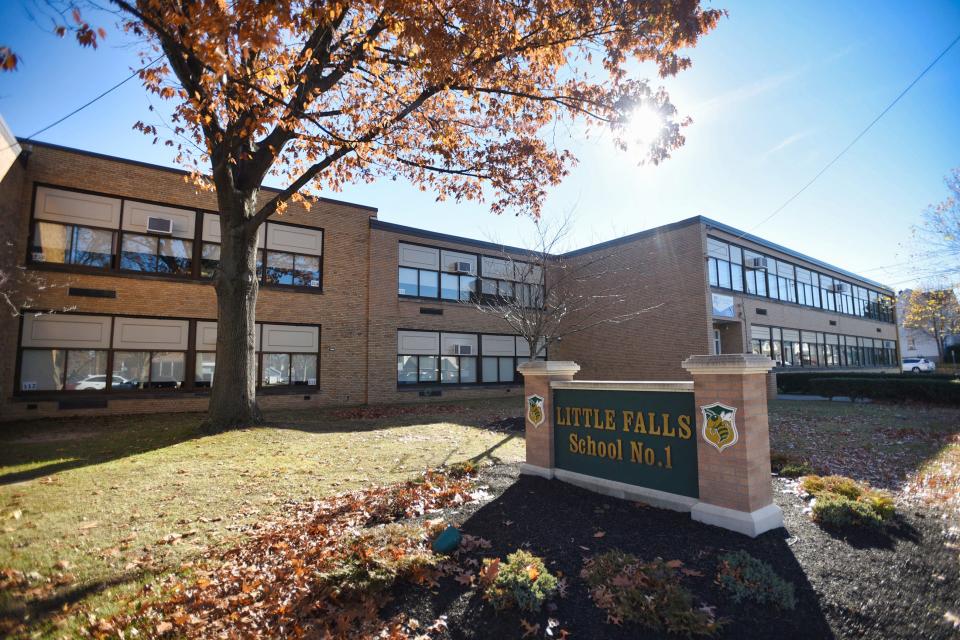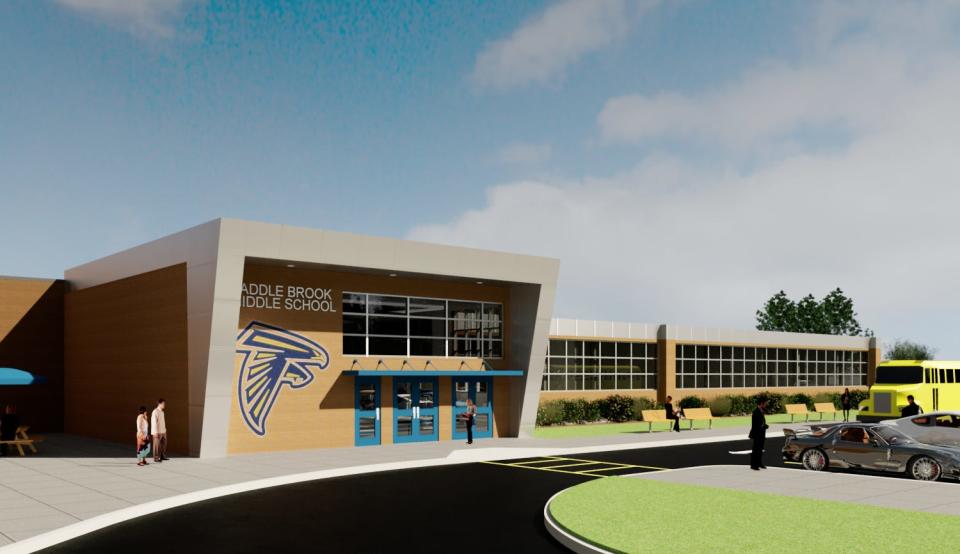NJ schools can now apply for $350 million in state grants for building and repairs
- Oops!Something went wrong.Please try again later.
New Jersey is accepting applications for the $350 million in grants to fund building and repairs, but some say the opening of that window on Monday is too late for the 550 eligible school districts.
“It shouldn’t have taken this long — it shouldn’t have taken till January,” said Tony Trongone, superintendent of the Millville school district in South Jersey, for districts to “have a chance of completing a project in the summer of 2023.”
“I’m glad the money is out there,” but supply chain delays and a “cumbersome” procurement process may not allow enough time for projects to be completed in the summer, when kids are not in school, said Trongone, who is also the president of the New Jersey Association of School Administrators.
The $350 million comes from the New Jersey Debt Defeasance and Prevention Fund, created by the Murphy administration in 2022, which set aside large tranches of money for school construction and mass transit using money borrowed during the COVID-19 pandemic that went unused by the state.

Kittatinny Regional High School in Sussex County will apply for a grant to repair a 25-year-old roof, and will likely apply for grants to purchase air handler replacements for the elementary school and township school district, said Superintendent Craig Hutcheson.
School officials recently met with the architect and some roofing companies to talk about the high school roofing project, but it appears the work will not be completed in the summer because of a six-month delay in lead time on equipment, he said.
“On the positive side, the state Education Department and Schools Development Authority are recognizing that schools are in need of this funding,” Hutcheson said. The largest beneficiaries of other funding, set aside in the budget for school construction, are the state's highest-poverty districts, with the remaining districts usually raising funds using various means, such as capital reserves in their budgets or issuing bonds.
NJ: Gov. Phil Murphy pushing for more fiscal accountability for the state's public colleges
Districts need time to budget for their share of the costs of capital projects, in addition to going through a competitive bid process, a legal review of the contract, and approval from the Education Department before the funds are awarded, said Trongone.
School districts were alerted to this initiative via a memo in November to provide adequate time for school officials to plan projects, a spokesperson for the Department of Education said.
But the delays remain.
Opening the application window on Monday, when the funds were budgeted in July 2022, means nearly a year's delay, said Trongone, whose Millville district is high-poverty and not eligible for the grants.
“We’re talking capital projects here, so you’re talking about HVAC, roofs — those folks are already lined up for jobs this summer when schools are closed with children not in them,” Trongone said, adding that most superintendents prefer to have construction done when school is closed so as not to affect learning time for students. An HVAC project in his school district using federal COVID relief funds began in the summer, but some parts are still on back-order even though they were purchased in November, Trongone said.

Sixty percent of the cost of any projects the state approves for these grants must be paid by the school district, and grants will be awarded only after the district demonstrates that it has the funds. The grants will cover the remaining 40% of the costs. There is no deadline for a district to have the work performed after the grant offer is approved. The application deadline is May 1. After the state Education Department reviews and approves applications, the Schools Development Authority (SDA) will award grants.
Meeting that 60% will be a challenge for the Kittatinny district, Hutcheson said, because of state funding cuts during the last five years that have limited the district’s contributions to its own capital reserves. Asked why the money could not be raised through a bond issue, he said local taxes have already been affected by having to compensate for the drop in state funding. Projects that require bonding to raise the local funding portion are not eligible for these grants, the state said.
'What is true?': Gov. Phil Murphy signs information literacy education law
Kittatinny is one of several school districts that saw a reduction in state funding mostly due to falling enrollment. Funding for school districts is based on a formula created in the 2008 School Funding Reform Act.
The grant funds
By covering large projects with already-borrowed money, the fund helps the state avoid further debt. A total of $1.5 billion of that debt defeasance fund will go toward school facilities projects, emergent needs and capital maintenance in the state’s highest-poverty districts, also called SDA districts, which cannot typically raise funds for these projects from local taxes.
The $350 million is allocated to the majority of New Jersey’s remaining school districts called ROD, or regular operating districts.
The fund "provides a financial cushion that protects taxpayers" while allowing for "investments in primary needs, including school construction, repairs and upgrades," said Paul Sarlo, D-Bergen, chairman of the Senate Budget and Appropriations Committee, in a statement announcing the opening of applications for grants.
Projects have to fall under one of 13 categories to qualify for a grant. Funds can be used to address health and safety, such as by improving air quality to help limit the spread of infectious diseases, and to make critical upgrades and repairs, the governor’s office said. These include roof, plumbing and electrical repairs, technology upgrades, removing hazardous materials, replacing elementary school playgrounds and building early childhood classrooms.
This article originally appeared on NorthJersey.com: NJ schools can apply for construction, repairs with grants

